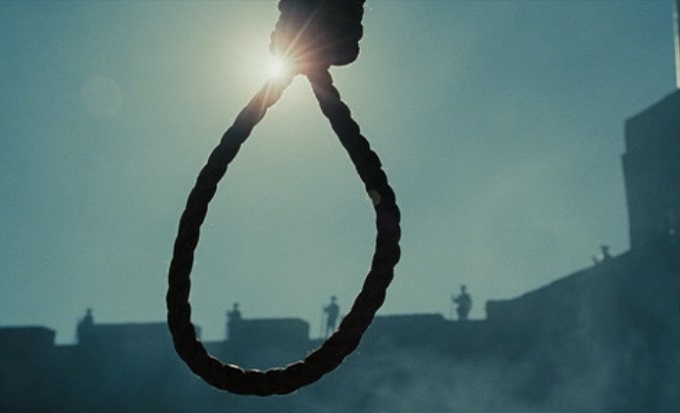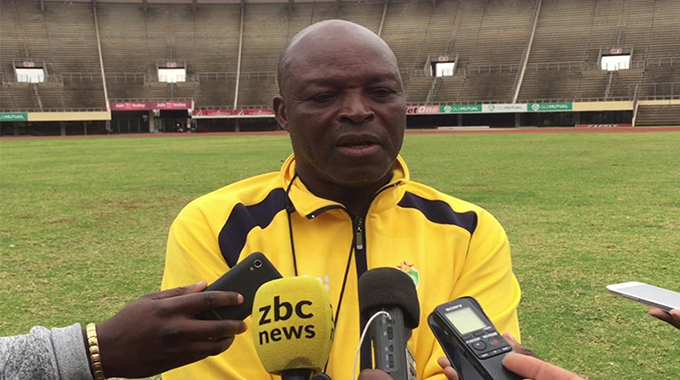Nation embraces Zim dollar. . . Country has returned to normalcy, President says

Leonard Ncube in Victoria Falls
PRESIDENT Mnangagwa yesterday said the removal of the multi-currency regime marks the country’s return to normalcy while assuring Zimbabweans that the Bond note will not be decommissioned.
Finance and Economic Development Minister Professor Mthuli Ncube on Monday removed the multi-currency basket of currencies and restricted domestic transactions to the local currency, now renamed Zimbabwe dollar, to enhance affordability of goods.
This came in the wake of an outcry by ordinary Zimbabweans as the market was choosing to price goods and services in United States dollars when the majority of citizens earn local currency.
Briefing local and foreign journalists on the sidelines of the African Union-United Nations Wildlife Economy Summit here yesterday, President Mnangagwa said the country had properly planned for the decision it took.
“The recent events were indicative of what was coming and what has come is that Zimbabwe has gone back to normalcy which is having our own currency.
“We were living in an abnormal situation and we said we will only move when fundamentals are correct, and we have moved because fundamentals to support the local currency are in place,” he said.
Asked about the rate at which the local currency will start against other currencies, President Mnangagwa said: “People will ask questions because there is confusion but there is no change. All that has changed is that we have removed the basket of currencies.”
He would not be drawn into commenting on how much reserves the country has mobilised to support the new currency. President Mnangagwa said those who want foreign currency would have to buy it from the formal market.
“Our currency denominations are in coins, Bond notes and RTGS and all that is domestic but we have not banned possession of any other currency except that you can’t buy with it. We have removed the basket of currencies and if you want to transact in any shop, if you want to buy your tea in US dollar, then you must go and change at the bureau de change. That’s what is done and that is normal,” he said.
Posting on his Twitter account yesterday, President Mnangagwa conceded economic growth remained a mirage, hence the need to introduce a local currency.
“It has always been clear that for our economy to truly take off, we need our own currency. While the multi-currency regime helped to stabilise the economy, it did not give us control of monetary policy and left us at the mercy of US dollar pricing which has been a root cause of inflation.
“When the majority earn in the local unit, but goods are priced in US dollars, the outcome will only ever be a two-tiered economy: stable and affordable prices for those with access to (US) dollars, while the majority face an unrealistically high cost of living. This is unfair and unsustainable,” said President Mnangagwa.
He explained that before the introduction of a local currency, it was important that “key fundamentals” were first put in place.
“Central to this was regaining control of our budget through decreased spending, increased revenues and, for the first time in recent memory, budget surpluses.
“Under the careful guidance of (Finance Minister) Professor (Mthuli) Ncube, this has been achieved. As a result, yesterday (Monday) we passed a Statutory Instrument to abolish the use of multiple currencies, and make the Zimbabwe dollar the sole legal tender with immediate effect.
“This is a key component of our Transitional Stabilisation Programme, and an important step in restoring normalcy to our economy. Government and the RBZ are taking the necessary steps to ensure this move is a success, through increasing the flow of forex into the interbank market while also making forex available to individuals and small businesses through bureau de changes,” said President Mnangagwa.
The country’s prime resort town of Victoria Falls had almost dollarised itself as shops, property owners, transport operators and some dealers were now refusing to accept payment in local currency.
Yesterday shops had stopped accepting payment in US dollars.
Meanwhile, Zimbabweans have embraced the return of the Zimbabwe dollar and by yesterday a majority of businesses in Bulawayo, including those who were previously trading in forex, had indexed their prices in local currency.
The country officially ditched the multi-currency regime on Monday after Government gazetted Statutory Instrument 142 of 2019, which restricts all domestic transactions to local currency terms.
A snap survey conducted yesterday revealed that several retail shops in Bulawayo had already complied with the new policy and were selling their products in local currency. Although others had adjusted prices upwards, they were no longer accepting foreign currency payments from their customers.
The Chronicle visited established shops like Pick n Pay, Greens, OK and Innscor outlets who had complied. Several basic consumer goods outlets, pharmaceutical and clothing shops had also complied. Business was low especially at clothing retail shops due to exorbitant pricing. However, some selected traders were defiant especially flea market traders, stock feed and veterinary product dealers, hair products and cosmetics.
Some service stations like Flo stuck to forex while Busuman service station in the CBD was closed. In most of the shops visited, customers had to ask for prices on the tills as they were not displayed and would be shocked to be told of ridiculously high prices.
Meanwhile, several illegal forex dealers, Osiphatheleni, had temporarily stopped their operations citing uncertainty over rates. In some instances rates were said to have tumbled to as low as ZW$5.5 per US$1 and ZW$25 for R100.
Members of the public also expressed relief saying the multi-currency regime had become a haven for currency distortions and profiteering by unscrupulous businesses and cartels.
“I think this is good considering that people were economically abusing us in the name of the United States dollar and rand. Everything is rated in forex and I think the new intervention will correct the market,” said Mr Effort Tarwirei, a taxi driver.
Recently some landlords had started demanding foreign currency payments despite the fact that most Zimbabweans were earning their salaries in local currency.
Confederation of Zimbabwe Retailers president, Mr Denford Mutashu, said his organisation fully embraces the local currency and supports measures to stabilise the interbank foreign currency market. He said pricing distortions arising from the inflated parallel market had left most Zimbabweans reeling and on the brink of total poverty.
Mr Mutashu said the country was right to move on and embrace its own currency for the economy to fully take off. He urged manufacturers, millers, bakers, and all suppliers to comply forthwith. Mr Mutashu warned the business sector against removing goods from shelves, saying such malpractice was retrogressive.
Zimbabwe Teachers Association (Zimta) president Mr Richard Gundane said the new policy should leave workers earning enough money to take care of their families.
“We’re yet to learn and understand the full implications of this policy change. For the teachers the urgent need is a living wage at the bottom line and salaries that are commensurate with one’s rank and qualifications. Any changes that are progressive should achieve this benchmark,” he said.
However, Great Zimbabwe University (GZU) lecturer, Professor Munashe Shoko said Government should have consulted widely before introducing the Zim-dollar.
“The market may stabilise but there is danger that it can react negatively, again, if there are no checks and balances on corruption as well as money laundering,” said Prof Shoko.
– @ncubeleon











Comments